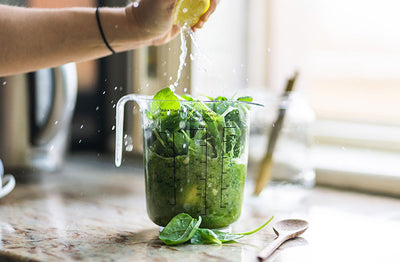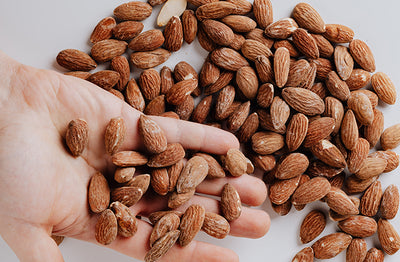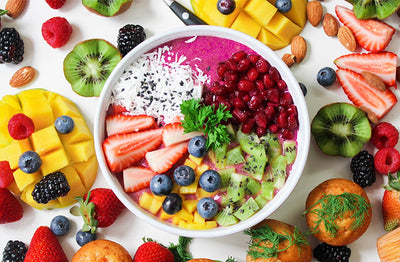We encounter artificial sweeteners all the time, but besides tasting sweet and somehow magically not turning into fat, what do those catchy brand names and chemical formulas actually mean to us?
What is it?
Artificial sweeteners have been around for a very long time, for example, saccharin was made way back in 1878. The story goes that one person in a lab handed a powder to another and said "Test this". That person thought he said "Taste this", so he did and he noticed it had a very sweet taste. The real story may be quite different, but since then many people have tried to make something sweeter, cheaper or lower in energy than sugar.
There have been many products to come out of laboratories that have been touted as a modern alternative to sugar. Some have met with great success, while others have been more harmful than good, and some downright dangerous.
Some examples of artificial alternatives include sucralose, Acesulphate Potassium (950, Ace-K), Aspartame (951, Nutrasweet, Equal), Neotame (961, Nutrasweet), Saccharin (954, sweet’n low) and Alitame. They all have different benefits and drawbacks, which are worth understanding.
How does it work?
There are lots of different artificial sweeteners you might find, but they all work by tricking your tongue into thinking that you’re eating sugar, when really you’re actually eating something completely different.
Your body doesn’t absorb them as easily as sugar either, which can mean that they just pass through your system without turning into fat.
Why would I want it?
Having a sweet craving is usually a very short step from eating something very bad for you. If I were to say “Sweet” some of you may think of fresh, bright fruit, but most people will think of the sort of things found in the confectionary aisle in the supermarket. Artificial sweeteners are great for those on a
low carb diet and those currently using
fat burners.
But if you can get that pleasure of sweetness without the bad side effects, it’s worth looking at. Each tablespoon of sugar you avoid is one less that can add to your fat stores!
Who is it best for?
Artificial sweeteners are best for anyone who wants the sweet flavour, without the added fat. It’s still a good idea to get less sweet food if possible, but if you want to cut down gradually, using an artificial sweetener can be a big help.
What are the side effects?
The side effects of artificial sweeteners are something that a lot of people have an opinion on, but there aren't a lot of reputable, objective long-term studies. Some people try to avoid anything artificial, others see them as safe ways to reduce your kilojoule intake.
There is a lot of info out there that might say that your particular sweetener is great, or that it will kill you. The truth is that like anything, you need to listen to your body, and read up on it in reputable sources, balance the benefits and the drawbacks and make a decision that suits your situation.

Is it good for women too?
Artificial sweeteners are used by lots of women, as a way to reduce their kilojoule intake while keeping some little sweet treats in their diet. Like everything, it’s best to keep it under control though. You don’t want to be consuming buckets of the stuff.
Conclusion
Overall, no artificial sweetener has escaped criticism. Most of it is anecdotal, and some is blatantly fraudulent, but there have been some studies done that rightly raise questions regarding the suitability of artificial sweeteners, and what the long term health effects may be. As always, it’s a personal decision whether you consume them or not, but in terms of safety, nutrition and taste, natural sweeteners are almost always a better choice.
Read More:
















